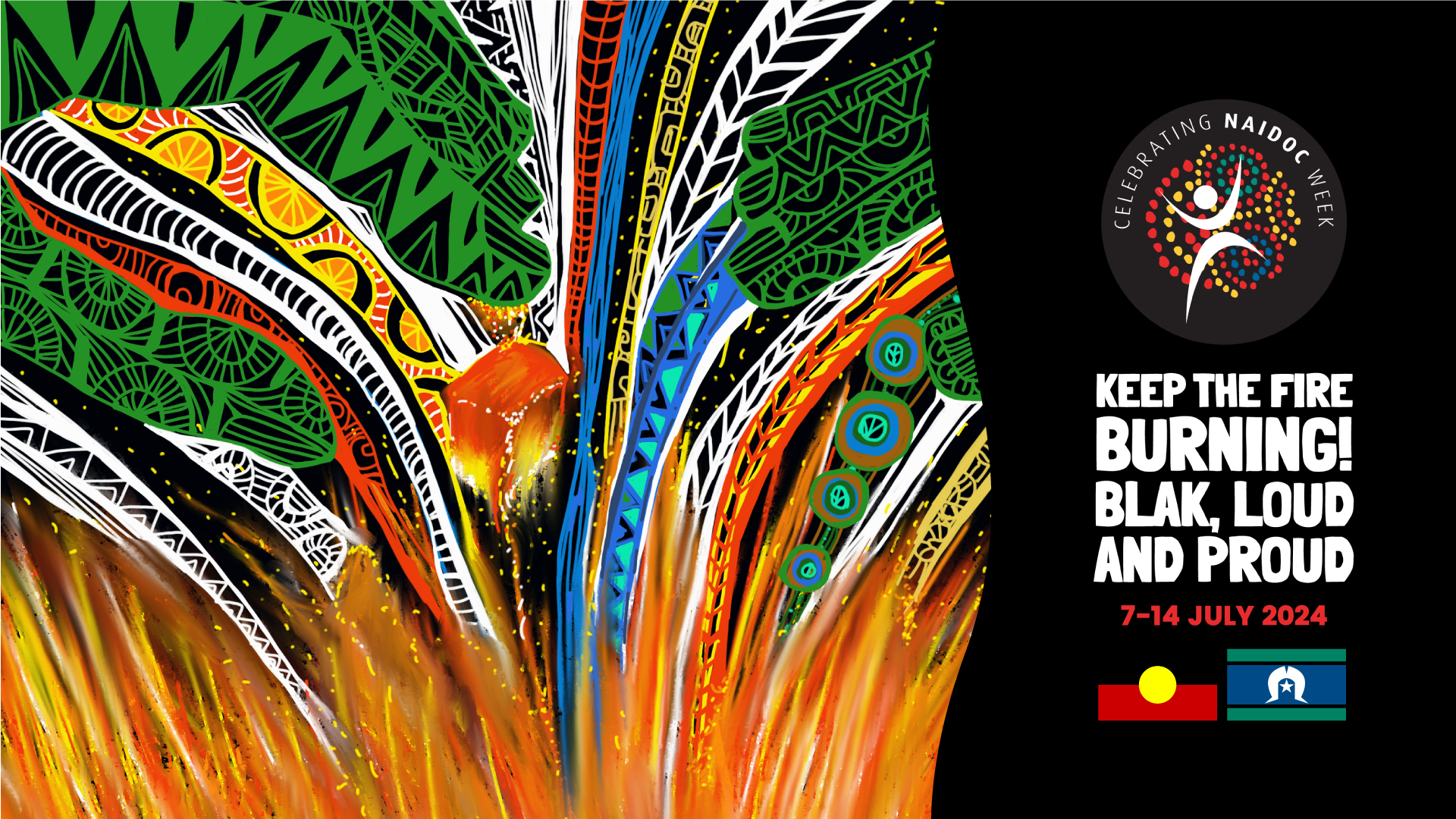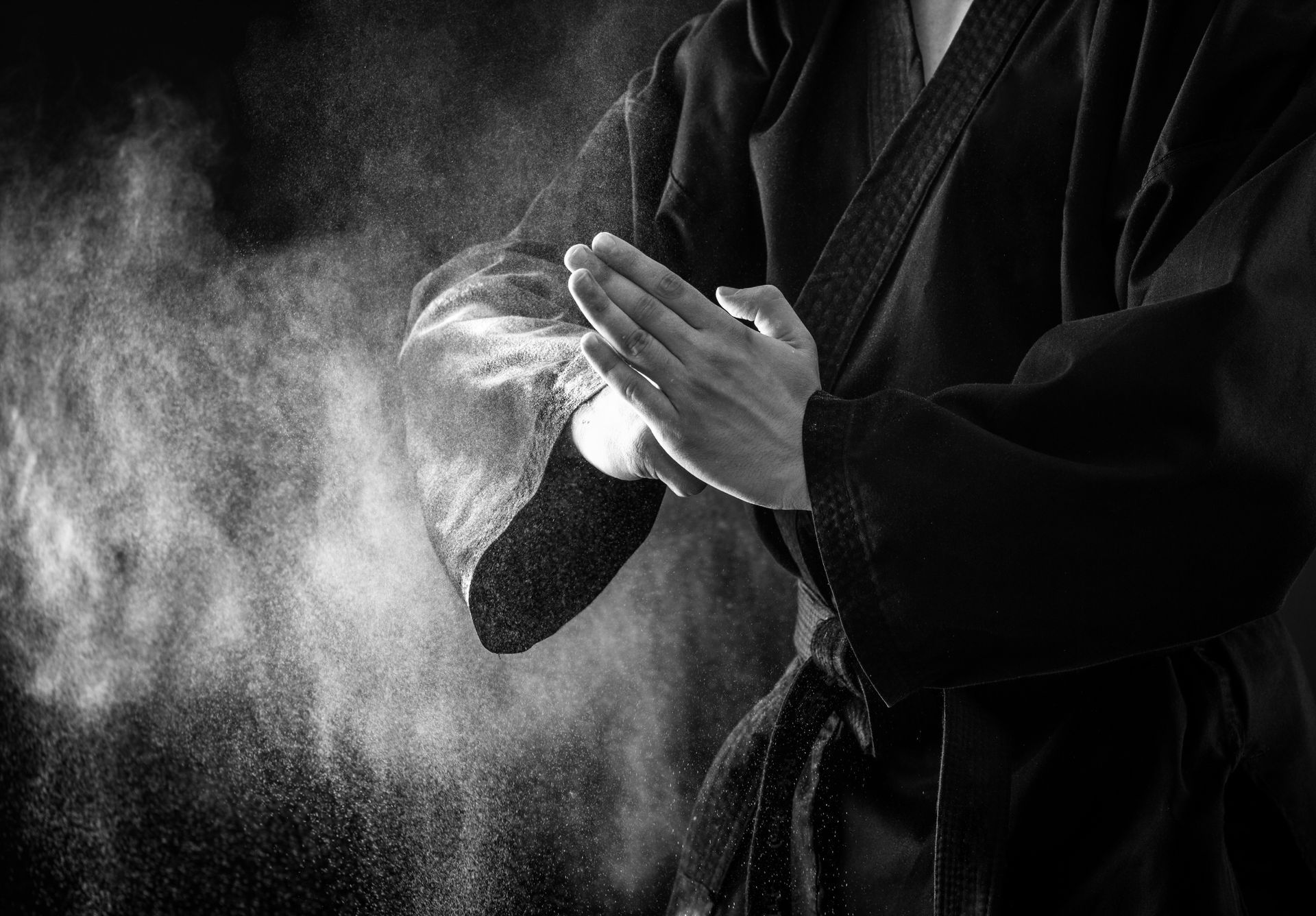NAIDOC Week: Keep the Fire Burning! Blak, Loud and Proud!

NAIDOC Week is an annual celebration that honours the history, culture, and achievements of Aboriginal and Torres Strait Islander peoples. This year, from July 7-14, 2024, the theme is "Keep the Fire Burning! Blak, Loud and Proud!" This theme celebrates the resilience and vibrant culture of Indigenous Australians, emphasising their deep connection to the land and community. At helpz, we are excited to participate in this celebration and recognise the importance of providing culturally sensitive support and are committed to working with Indigenous clients to deliver effective, respectful, and empowering care.
The importance of culturally sensitive therapy
Culturally sensitive therapy is essential for providing effective support to Aboriginal and Torres Strait Islander communities. This approach acknowledges and respects the unique cultural backgrounds of Indigenous clients, fostering a therapeutic environment based on trust and mutual respect. Research has shown that culturally sensitive practices in healthcare lead to better health outcomes and increased satisfaction.
Key aspects of culturally sensitive therapy:
Respect for cultural heritage:
Culturally sensitive therapy respects and integrates traditional practices, beliefs, and values of Aboriginal and Torres Strait Islander peoples. This respect is important in order to build trust and rapport with participants, which is the key to effective therapy.
Understanding context:
Therapists must understand the social and historical context of Indigenous participants, which often includes experiences of trauma, displacement, and systemic discrimination. This understanding allows therapists to provide more empathetic and relevant support.
Tailored interventions:
Culturally sensitive therapy involves adapting interventions to align with Indigenous cultural values and practices. This might include incorporating traditional healing methods or community-based approaches that resonate with Indigenous ways of knowing.
Empowerment and self-determination:
By providing therapy that acknowledges and respects cultural identity, participants are empowered to engage more fully in their therapies. This approach promotes self-determination and resilience, reinforcing cultural identity as a source of strength.
Our initiative in remote communities
We have been working together with remote communities to deliver behaviour support training, with the goal of empowering local practitioners with skills to provide effective, accessible local support. By up-skilling within the community we are enabling people in these communities to access to sustainable, consistent and culturally aware support services. Currently, some remote areas rely on support services to visit intermittently to access services, which does not lend itself to continuity of care or provide these communities with the support they need to deliver better outcomes. By training local practitioners, it helps to ensure that these communities have consistent and accessible support.
Benefits of locally based therapy
- Enhanced trust and rapport: Local therapists who understand the cultural context can build stronger relationships with their participants.
- Sustainable support services: Training local therapists ensures that support services remain available within the community.
- Community empowerment: Empowering local therapists contributes to the overall well-being and self-determination of the community.
This approach also builds self-determination, as communities are empowered to take control of their own healing processes.
NAIDOC Week is a time to celebrate and honour the rich cultural heritage of Aboriginal and Torres Strait Islander peoples. Learn more about NAIDOC Week and find ways to get involved in your community. Together, we can keep the fire burning, blak, loud, and proud!
Learn more about NAIDOC Week here.
References
- Australian Indigenous HealthInfoNet: Traditional Healing and Medicine
- The Healing Foundation
- Australian Institute of Health and Welfare: Indigenous Health and Wellbeing
- The Lowitja Institute: Cultural Is Key
News & Insights
Check Our Latest Resources


Ready to use helpz?
helpz can be for:
Participants with an approved NDIS plan
Anyone without an NDIS plan
Organisations requiring disability support services
Get in touch with us to discuss your needs and find out how helpz can support you or your loved one.
Useful links
Contact helpz

helpz recognises the objectives of the Convention on the Rights of Persons with Disabilities. We also acknowledge the traditional custodians of country throughout Australia, and their continuing connection to land, sea and community. We pay our respects to them and their cultures, and to elders past and present.
©2025 helpz Pty Ltd | All Rights Reserved.




